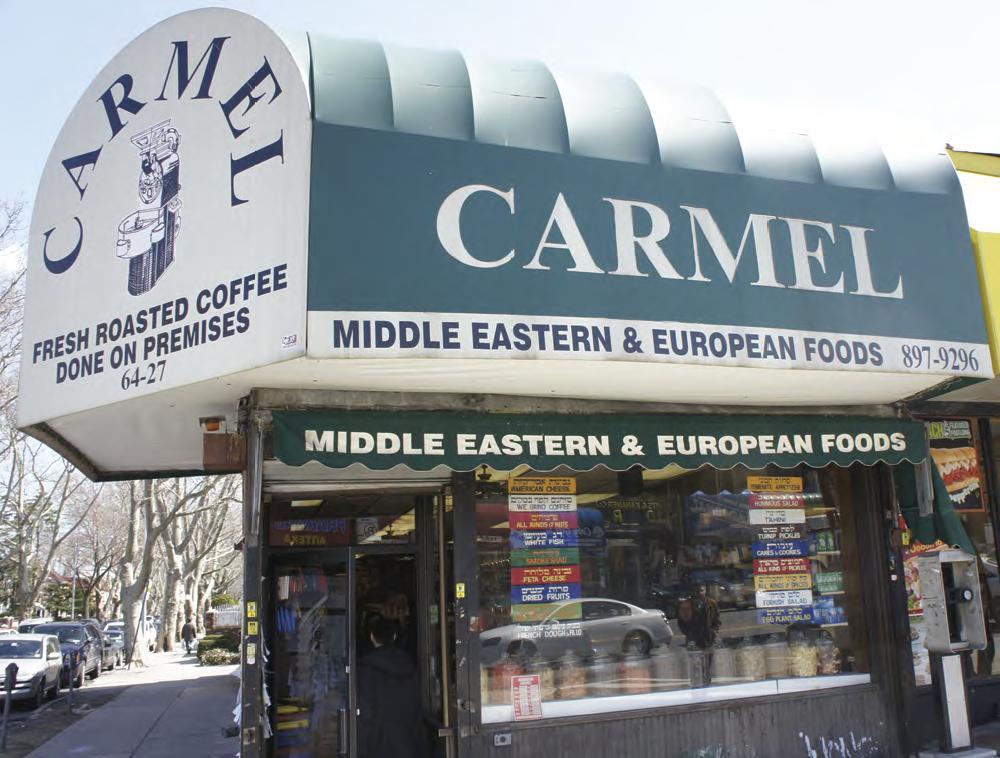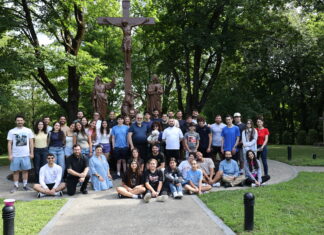By Aram Arkun
Mirror-Spectator Staff
QUEENS, N.Y. — Sooner or later every Armenian gets a yearning for Armenian foods that can more easily be found at a specialty grocery. In the borough of Queens in New York City, there are only a handful of such stores. One of these is Carmel Grocery on 108th Street in Forest Hills. It is a small store that always is full of customers seeking Middle Eastern, Armenian, Russian and Balkan foods and good coffee.
Carmel is owned by Steve Dumanian, who was born near Bucharest, Romania. His grandparents emigrated from Western Turkey and both parents were born in Romania. His mother’s family was in the coffee business for three generations. Relatives roasted their own coffee back in the Ottoman Empire and were forced to escape to Romania as a result of the Armenian Genocide. When the Communists came into power there, they continued but eventually lost the business and had to become employees in their own stores, which were by then taken over by the government.








